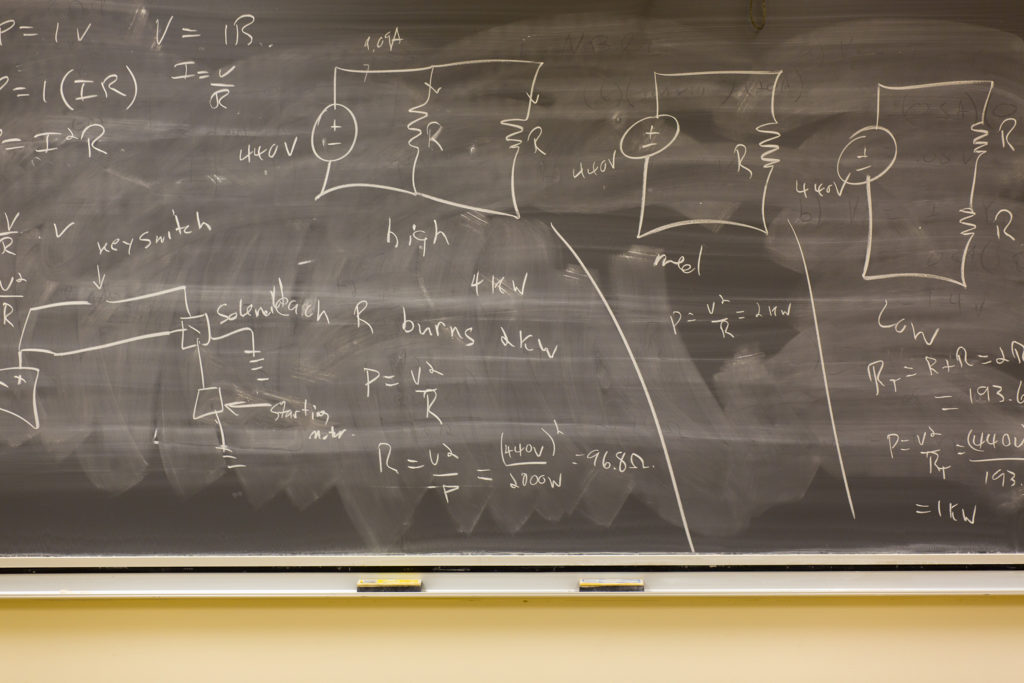
Lessons from the Book of Amos
Amos, a shepherd of Tekoa (1:1), was called to speak for God. He prophesied to Israel during the reigns of King Uzziah of Judah and King Jeroboam II of Israel (1:1). His prophetic activity can best be dated about 760-753 BC.
Since he knew he had been called by God, Amos spoke boldly on God’s behalf. When Amaziah encouraged him to cease prophesying, Amos said, “I am no prophet, nor a prophet’s son; but I am a herdsman, and a dresser of sycamore trees, and the LORD took me from following the flock, and the LORD said to me, ‘Go, prophesy to my people Israel’” (7:14-15). In the next few verses, Amos prophesied against Amaziah. Even though he met opposition, Amos did not quit. Today, God needs men who will not give up even in the fact of great adversity.
Amos teaches us that judgment will come (3:14). God saw the idolatry in Israel and such sin angered him. Due to this sin, he was going to bring punishment upon the house of Israel.
Other passages speak of judgment (e.g., 4:11-12). The people of Israel needed to realize that God would judge their sins. People today need to understand that God will judge their sins.
Amos also shows us that the worship of Israel had become vain (4:4). Amos 5:21-23 also shows that the worship of Israel had become displeasing to God. Worship is intended to honor God, but the worship of Israel dishonored him.
Israel’s worship was vain, because it was not from a pure heart (5:24). God cares about the heart. Sure, God cares about outer forms of worship. But, if the outer forms are right and the heart is wrong, God is not pleased. People today need to understand that both one’s heart and one’s action matters to God.
Amos also teaches us that prayer is powerful. In chapter 7, God showed Amos two especially destructive judgments. The first judgment involved God’s sending a plague of locusts which devoured the grass; the second judgment involved God’s sending fire from heaven which devoured the great deep and ate up the land. After Amos saw each vision, he pleaded with God. And God replied, “It shall not be.”
People today need to understand the power of prayer. On two occasions Amos pleaded for the people of Israel, and on two occasions God relented from these judgments. Amos’ prayers had great effect. Prayers today can have the same effect if people will only believe (see James 1:6-8; 5:15-16).
Finally, Amos teaches that God sees all sin (9:8). God saw the sin and was displeased. God did not hear about Israel’s sin from someone else, but he himself saw it. People today need to understand that God sees and knows about their sin.
Amos was a man of great faith. At times he prophesied in the face of adversity. But he always spoke the word of the Lord. He taught lessons we need to understand today.





